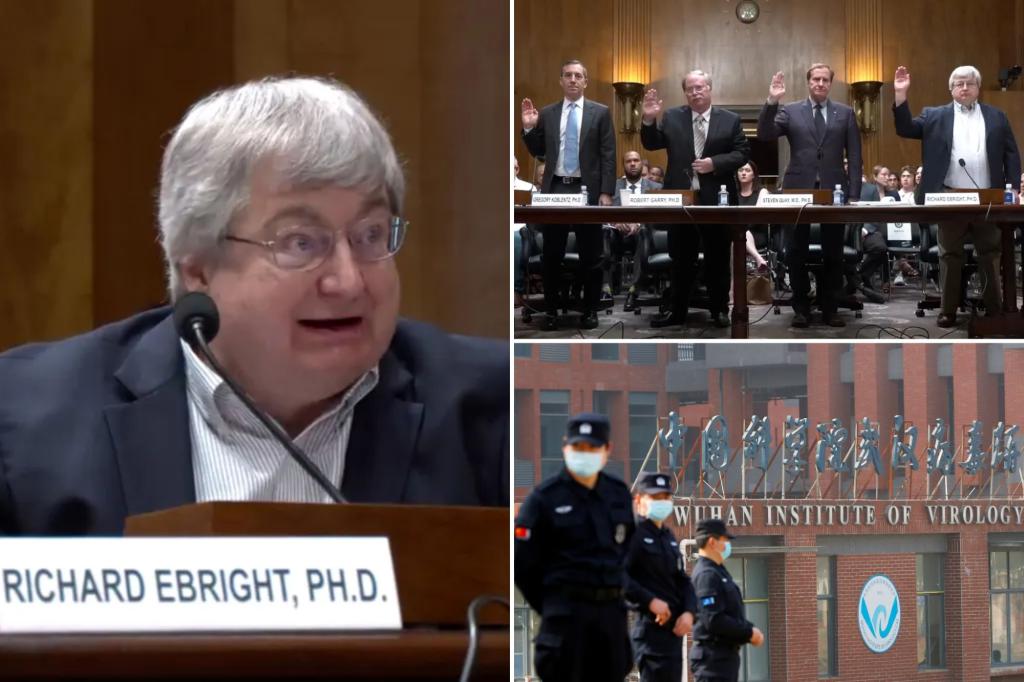A panel of scientists recently debated whether COVID-19 originated from a laboratory incident or was a natural occurrence. Dr. Richard Ebright from Rutgers University strongly asserted that the evidence points to the virus entering humans through a research incident, arguing for the “lab-leak theory.” Dr. Stephen Quay also supported this theory, stating that the chances of the virus originating from nature were one in a million. The geographical distance of the outbreak from the nearest bats harboring similar viruses, as well as the research conducted at the Wuhan Institute of Virology (WIV), supported their arguments.
The WIV conducted US-funded research on SARS-like bat viruses, including experiments with viruses that had a high pandemic potential and genetically modified SARS viruses that matched the features of SARS-CoV-2. These experiments were funded by a NIH grant awarded to the EcoHealth Alliance, which later lost its status as a federal grantee due to violations of biosafety standards and failure to report potentially dangerous experiments promptly. Dr. Peter Daszak, the head of EcoHealth, denied that the research constituted gain-of-function activities, despite evidence suggesting otherwise.
The debate also touched on conflicts of interest and potential pressures on scientists dependent on NIH funding to conform to established narratives. Dr. Robert Garry, who received NIH funding, argued against the lab leak theory during the hearing. He cited evidence indicating a natural spillover at a seafood market in Wuhan as the likely origin of the virus, although he admitted to uncertainties about whether the WIV had the virus. The debate highlighted the challenges of separating scientific evidence from potential biases or interests in academic and research settings.
The US intelligence community remains divided on the origins of COVID-19, with consensus against the theory that the virus was deliberately developed as a biological weapon. The bipartisan congressional investigation into the origins of the pandemic was led by Senator Gary Peters and Senator Rand Paul, who emphasized the importance of understanding the scientific evidence related to the virus. Peters stressed the need to use available scientific information to prepare for future potential pandemics, recognizing the limitations of information provided by the Chinese government.
The hearing also addressed public doubts about the origins of COVID-19 and the challenges in obtaining crucial information from federal agencies. There were accusations of withholding and concealing information from Congress and the public, with calls for transparency and increased cooperation from agencies such as the Department of Health and Human Services and the NIH. Senator Paul criticized the resistance by these agencies in providing requested documents related to gain-of-function research, highlighting the need for accountability and transparency in understanding the origins of the pandemic. The debate over the origins of COVID-19 continues to raise questions about the potential role of research labs and the need for international collaboration and transparency in addressing global public health challenges.


